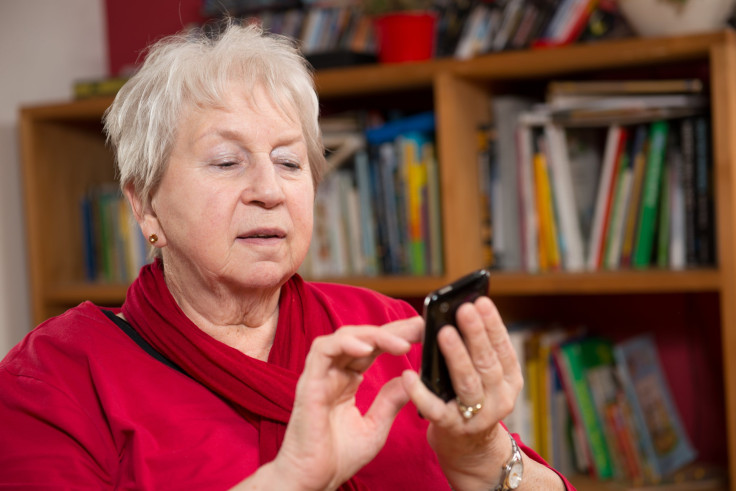Parkinson’s Disease May One Day Be Identified With A Voice Analysis Smartphone App

Parkinson’s disease affects an estimated 6.3 million people worldwide. The majority of these individuals do not even know they are affected due to the expensive and lengthy diagnostic process. For those who lack access to modern medical facilities or the resources to pay for them, they will continue to live with undiagnosed Parkinson’s until it eventually disables them completely. One mathematician is making his vision of an easier Parkinson’s diagnosis a reality. Max Little hopes to one day develop a method that will make Parkinson’s disease diagnosis both assessable and cheap. His vision: a smartphone application that uses voice analysis to determine its diagnosis.
Little is a British born mathematician who currently works as a visiting lecturer at MIT. Although he has been analyzing voice patterns since he was a Ph.D. student, it wasn’t until a close friend of his was afflicted with Parkinson’s that he shifted his focus to the neurological disease. Little created the Parkinson’s Voice Initiative aiming to help the many undiagnosed Parkinson’s sufferers have access to an easy and cheap diagnosis tool. “We live in a privileged world where the density of neurologists to patients is extremely high. But if you take areas of the world, you might be lucky that there’s one neurologist in the entire population,” Little told Fast Coexist.
The idea behind the Parkinson’s Voice Initiative lies in the distinctive vocal patterns of Parkinson’s sufferers. Along with the trembling hands and movement difficulties, those with Parkinson’s also have certain fluctuation and breathiness in their speech patterns. The project hopes to be able to one day develop a test that would be able to come up with a diagnosis through a simple voice recording. “We’re just trying to demonstrate that it’s possible at the moment, but we would envisage something like a phone system where people could call in,” Little explained in Fast Coexist. “Then, it could be used as an indication of whether they need to go for a checkup or not,” Little added.
In 2012, Little announced that he was looking for 10,000 volunteers to give data for his work. Half a year after, he had 17,000 volunteers — both those who suffered from the disease and those who did not — give Little recordings of their voice. Little is currently using this data to look for specific markers for Parkinson’s to eventually be used in an automatic voice analysis system. In previous tests, the system had a 86 percent success rate with correctly pointing out Parkinson’s disease through voice analysis. Although voice patterns can change for a many number of reasons, such as throat surgery, heavy smoking, and even the common cold, according to the BBC, this system will be sensitive enough to tell the differences.
Little does not intend his design to be a replacement for visiting the doctor but instead a cost-efficient way for people to identify who may be at high risk of having the disease.



























